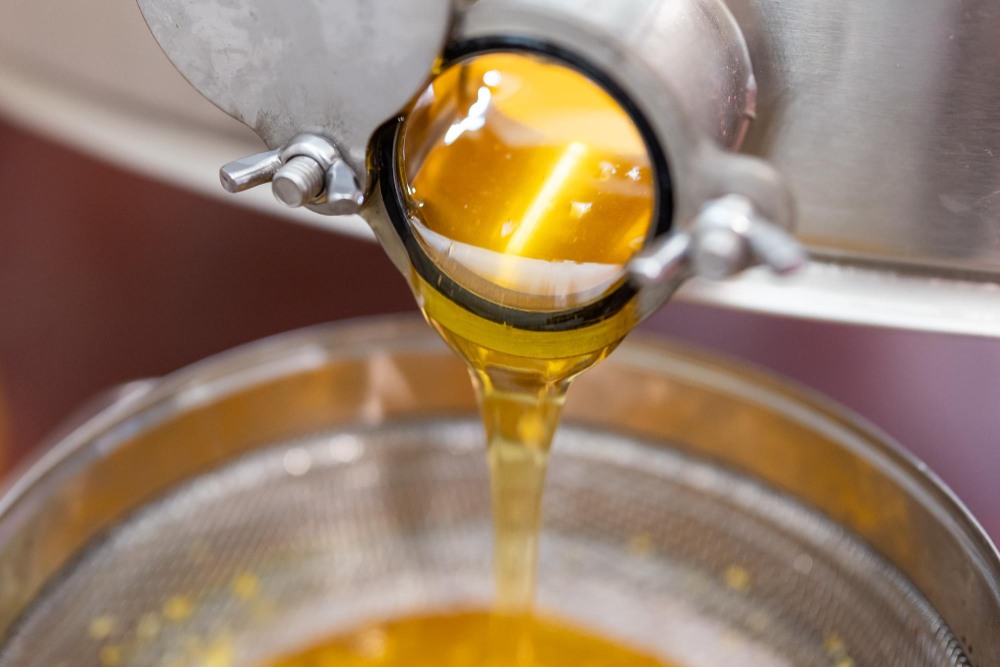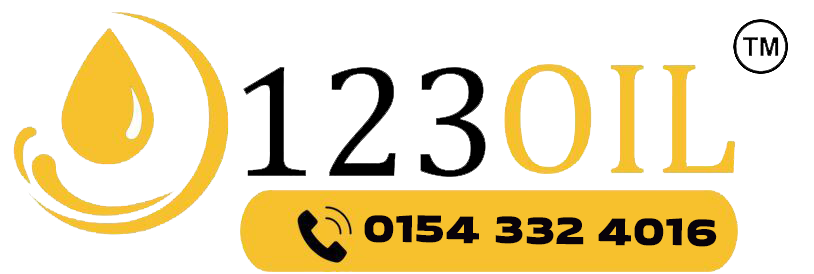Smelling heating oil in your house usually means a spill, leak, or poor ventilation. While a faint odour after delivery can be normal, persistent smells may indicate a leaking oil boiler, faulty pipework, or fumes escaping into living spaces. Oil fumes can be dangerous if inhaled over time, so it is important to ventilate the area, check for leaks, and call a qualified engineer immediately to ensure safety.
Heating oil plays a vital role in keeping many British homes warm, particularly in rural areas not connected to the mains gas grid. Yet, while it is efficient and reliable, the strong, distinctive odour of oil is something homeowners do not want wafting through their property. If you have ever walked into your home and been greeted by the unmistakable smell of heating oil, you may wonder what has caused it and, more importantly, whether it poses a health risk.
This guide will cover the reasons why you may smell heating oil indoors, the potential dangers associated with it, how to respond, and the steps you can take to prevent future issues.
What Does Heating Oil Smell Like?
Heating oil has a pungent, oily aroma, often described as similar to diesel or kerosene. In small amounts, the smell may not linger for long, especially if a delivery has just taken place or some fuel has been spilt outside. However, a persistent odour inside your home is a different matter. It could indicate a leak, poor ventilation, or a problem with your boiler system.
The key is recognising the difference between a temporary, harmless whiff and a smell that lingers, pointing towards a more serious issue.
Common Reasons You Smell Heating Oil Indoors
Several potential causes can explain why you notice heating oil odours in your house. Let’s explore the most frequent ones:
Recent Oil Delivery
When your tank has just been filled, a small amount of oil may have been spilt near the fill point or tank. The smell can travel indoors through vents, doors, or open windows. Usually, this fades within a day or two if the spill was minimal.
Minor Spills or Residue
Occasional drips or residue around the tank, pipework, or delivery hose may release fumes. If these remain uncleaned, they can cause lingering odours.
Leaking Tank or Pipework
One of the more concerning reasons is a leak in your oil tank, connecting pipes, or fittings. Heating oil can seep into the ground or surrounding materials, creating a persistent and hard-to-remove smell. This situation requires immediate professional attention.
Faulty or Leaking Boiler
If your oil boiler has cracks, loose seals, or damaged pipework, small amounts of oil can escape and burn inefficiently. This can release odours indoors and pose questions like, “Is a leaking oil boiler dangerous?” Boilers that are not serviced regularly are at higher risk of such problems.
Poor Ventilation Around the Boiler
Even without a leak, boilers require proper ventilation. If the system is struggling to combust oil cleanly, fumes may escape into the home. Blocked vents or flues can exacerbate the smell.
Old or Inefficient Equipment
Boilers and tanks that are past their best can become less efficient, producing more odours during operation. Replacing or upgrading outdated equipment can help alleviate the issue.
Is Smelling Heating Oil Dangerous?
This is one of the first questions homeowners ask when they notice the smell indoors. The good news is that a faint odour right after an oil delivery or when working near the tank is usually harmless. However, a persistent smell inside the home should never be ignored.
- Short-term exposure may lead to headaches, nausea, dizziness, or irritation of the eyes and throat.
- Long-term exposure to strong fumes can be harmful, especially in poorly ventilated spaces. Many homeowners ask, “Are fumes from oil boilers dangerous?” and the answer is yes, prolonged exposure to fumes can have adverse health impacts.
- If you are in the UK, guidance makes it clear that “Is oil smell in house dangerous UK?” is not something to dismiss lightly. The smell could signal a leak, poor combustion, or ventilation issues that put your household at risk.
In addition to health concerns, heating oil leaks can cause significant property damage and environmental harm, contaminating soil or groundwater if left unresolved.

What To Do If You Smell Heating Oil Indoors
If the smell of heating oil is noticeable in your house, follow these steps immediately:
Check for Obvious Spills or Leaks
Inspect the area around your boiler, oil tank, and connecting pipes. Look for wet patches, stains, or drips.
Ventilate the Area
Open windows and doors to allow fresh air to circulate and reduce the concentration of fumes inside your home.
Turn Off the Boiler if Necessary
If the smell is strong near the boiler, switch it off and avoid using it until it is inspected. This reduces the risk of further leaks or incomplete combustion.
Call a Professional Engineer
Only a qualified heating oil engineer can diagnose and safely fix the problem. They can check whether your system is leaking, poorly ventilated, or burning fuel inefficiently.
Avoid Using Naked Flames
Heating oil is flammable, and while the risk is lower than with gas, you should not light candles, cigarettes, or open fires in an area where fumes are noticeable.
Preventing Heating Oil Smells in Your Home
Prevention is always better than a cure. To keep your home free of unwanted odours:
- Schedule Regular Boiler Servicing: Have your boiler inspected annually by a certified engineer to ensure seals, burners, and flues are working properly.
- Check Your Tank and Pipes: Inspect the tank for rust, cracks, or damp patches. Ensure pipework is secure and free from drips.
- Use a Spill Tray: Placing a tray under your oil tank can catch small leaks or drips before they spread.
- Maintain Proper Ventilation: Ensure vents and flues are clear of debris, bird nests, or blockages that may cause fumes to back up.
- Replace Ageing Equipment: Older tanks and boilers are more likely to fail. Investing in replacements can reduce odours, improve efficiency, and enhance safety.
When to Worry About Heating Oil Odours
While occasional faint smells may be normal, you should be concerned if:
- The odour persists for several days after delivery.
- The smell is strongest near your boiler or tank.
- You notice visible oil stains, damp patches, or puddles.
- Household members develop headaches, nausea, or respiratory issues when indoors.
In these situations, it is not worth taking chances. Asking “Is a leaking oil boiler dangerous?” is a valid question, and the safest step is always to contact a qualified engineer for investigation.
Environmental Risks of Heating Oil Leaks
Beyond indoor odours and health worries, heating oil leaks can have wider consequences:
- Soil contamination: Oil seeping into the soil can cause long-lasting damage and incur expensive cleanup costs.
- Water pollution: If leaks reach groundwater or drainage systems, they can pollute water supplies.
- Property value: A history of oil leaks or contamination can significantly reduce a property’s value and complicate insurance claims.
This is why rapid detection and repair are essential.
The Role of Professional Support
When it comes to heating oil odours, DIY fixes are rarely enough. Trained engineers have the expertise to:
- Pressure-test tanks and pipework.
- Repair or replace damaged seals and components.
- Clean up spills safely and legally.
- Advise on replacement tanks, spill trays, or boiler upgrades.
123 Oil also emphasise the importance of sourcing reliable suppliers who adhere to safe delivery practices and provide guidance on system maintenance.
Conclusion
The smell of heating oil inside your home is never something to brush off. While it may sometimes be caused by harmless factors, such as a recent delivery, it can also indicate leaks, poor ventilation, or boiler faults. Beyond the discomfort of the odour, heating oil fumes can pose health risks, damage your property, and harm the environment.
By staying alert, arranging regular servicing, and calling in professionals when needed, you can ensure your heating system runs safely and efficiently, without unwelcome odours disrupting your home.
Frequently Asked Questions
You may smell heating oil indoors due to minor spills during delivery, leaks from your oil tank, or fumes escaping from the boiler or pipework.
Yes. While a faint smell after delivery is common, persistent odours of heating oil can be harmful. Prolonged exposure to fumes may affect health and indicate the presence of leaks.
Yes. Oil boiler fumes can contain harmful substances. If ventilation is poor or a leak exists, fumes may build up indoors and cause respiratory irritation.
Yes. A leaking oil boiler is a safety risk. It can lead to oil spills, environmental damage, and the release of harmful fumes into your home. Prompt repairs are vital.
Ventilate the affected area immediately, clean up any visible spills, and contact a heating engineer to check for leaks or ventilation issues.










